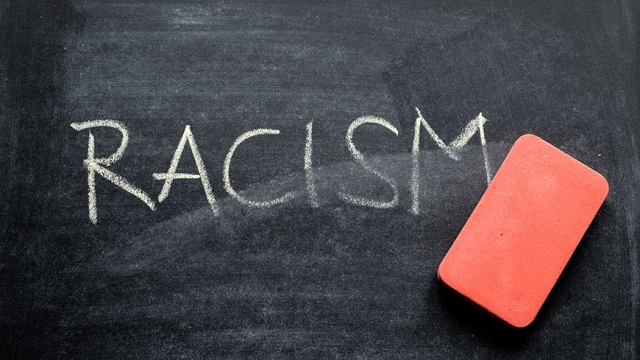Hate Speech and Xenophobic Populism - Major Concerns in Europe in 2018
Xenophobic populism and racist hate speech continued to make their mark on the contemporary political climate in Europe in 2018, says the annual report of the European Commission against Racism and Intolerance (ECRI) published today.
The growing public anxiety about economic, geopolitical and technological changes was exploited by those scapegoating migrants and minorities, in particular populist politicians aiming at dividing societies along national, ethnic or religious lines. Not only were such views expressed by fringe politicians, but they increasingly gained footing within mainstream political parties and national governments, which remained a major concern for ECRI.
“Ideologies based on assumed incompatibility between national/ethnic or religious groups present a danger to inclusive societies, as do those that advocate ‘racial superiority’,” the report says, warning against the threat of “us vs. them” approach in political and public discourse.
ECRI has also raised alarm about the increasing spread of “fake news” often producing distorted images of vulnerable groups, and called on politicians, religious and community leaders to not only avoid using hate speech, but proactively counter it.
On the positive side, the Anti-racism Commission noted that a growing number of countries have taken important steps to bring their legislation on combatting hate speech in line with European and international standards. An increasing number of member states have introduced special focal points within the police tasked to liaise with vulnerable groups, which has often led to greater trust among members of minority groups in law enforcement agencies. ECRI called for this good practice to be spread, and for the anti-hate legislation to be effectively applied.
The labour-market participation rate for refugees and beneficiaries of international/humanitarian protection was generally still too low, particularly among women. “Member states need to address the specific socio-economic and cultural obstacles to their employment,” the report says.
Islamophobia and anti-immigrant sentiment were still prevalent in most member states in 2018. Muslim women were frequently the targets of violence which often involved pulling off face veils and headscarves or being spat at.
Persons of African descent who were born in Europe or have lived here for a long period of time already also faced increasing resentment. Moreover, Black people were often subject to racial profiling practices by law enforcement officials, which ECRI calls on the member states to condemn.
Сlose co-operation between Jewish communities and national authorities has shown to be an effective tool to counter antisemitism. However, Jewish people in Europe continue to be confronted with antisemitic hatred, including violence, often considered as justifiable reactions to the actions of the Israeli government. Such condoning of antisemitic acts must be more strongly rejected, ECRI says.
Roma continue to be one of the most marginalized communities in Europe with Roma girls and women being particularly vulnerable. Despite some progress, such as outreach work of Roma mediators in schools and healthcare services, “the massive scale-up of Roma support activities that would be needed to break the vicious cycle of poverty and social exclusion has not happened yet”.
No new ratifications of Protocol No. 12 to the European Convention on Human Rights on the general prohibition of discrimination took place in 2018. Up to now, it has been ratified by only 20 out of 47 member States of the Council of Europe.
The European Commission against Racism and Intolerance (ECRI) is a human right monitoring body which specialises in questions relating to the fight against racism, discrimination (on grounds of “race”, ethnic/national origin, colour, citizenship, religion, language, sexual orientation and gender identity), xenophobia, antisemitism and intolerance.












